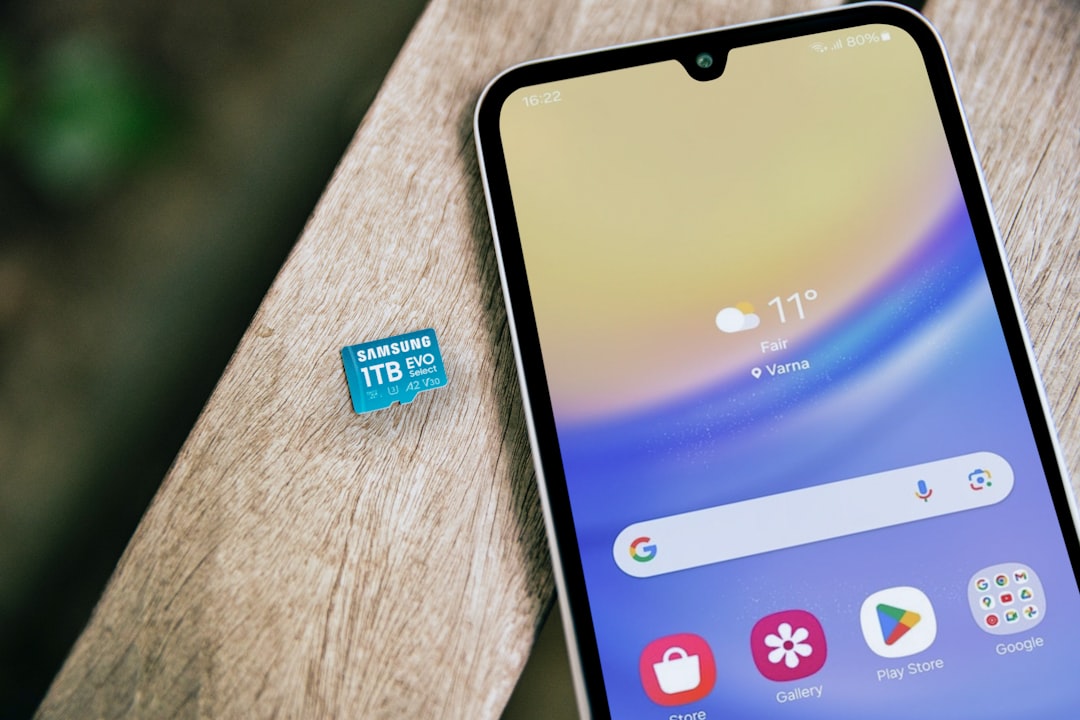In South Carolina, harassing text messages are illegal under state laws. Spam texts or repeated unwanted messages intended to harass, annoy, or alarm the recipient are considered harassment. Consulting a skilled spam texts attorney South Carolina is crucial to protect rights and ensure legal boundaries in communication. Evidence collection is vital; attorneys guide victims in documenting dates, times, content, and sender info for each message. These professionals navigate legal complexities, advise on cease-and-desist letters, and initiate legal action if necessary under the Communications Act.
In South Carolina, understanding the legal implications of harassing text messages is crucial. Unlawful communication charges can be brought against those sending persistent, unwanted, and threatening text messages, often referred to as ‘spam’. This article delves into the legal definitions, signs of harassment, evidence requirements, and the vital role a spam texts attorney plays in navigating these complex issues within South Carolina’s legal framework.
Understanding Harassing Text Messages in South Carolina

In South Carolina, harassing text messages are taken seriously under state law, which includes provisions against unlawful communication. These laws protect individuals from unwanted and aggressive text messaging that could constitute harassment. A harassing text message is one sent with the intent to harass, annoy, or alarm the recipient. It can include repeated or unwanted messages, messages threatening harm, or those with no purpose other than to disturb someone’s peace.
If you’re facing charges related to sending spam texts or harassing messages in South Carolina, consulting an experienced Attorney South Carolina is crucial. Legal experts in this field can help navigate the complexities of the law and protect your rights. They will ensure that any communication is within legal boundaries and guide you through the process if misunderstandings occur.
Legal Definition of Unlawful Communication

Unlawful communication, in the context of texting, refers to any message sent with the intent to harass, threaten, or annoy the recipient. This includes repeated spam texts that are unwanted and unwelcome. In South Carolina, such actions are taken seriously by the law. According to state regulations, an attorney representing the aggrieved party can file charges if the communication is deemed unlawful. This involves demonstrating a pattern of harassing behavior through text messages, with each instance potentially carrying its own set of legal repercussions.
When Does Spam Become Harassment?

The line between legitimate marketing and unlawful harassment can be blurry, especially in the digital age where communication happens at the speed of light. While occasional unsolicited text messages from businesses offering promotions or services might be considered spam by the recipient, it doesn’t automatically qualify as harassment. The key difference lies in the frequency, purpose, and impact of these messages. If a person receives numerous spam texts over time, particularly when they have expressed disinterest or blocked the sender, it can escalate into harassing behavior.
An Attorney in South Carolina can help determine if such actions constitute illegal harassment. Factors that contribute to this include the persistent nature of the messaging, the intrusiveness of the content, and whether it causes emotional distress or creates a hostile environment for the recipient. In many cases, courts will consider the sender’s intent and the recipient’s reaction when ruling on charges related to harassing text messages, especially when dealing with spam.
Proof and Evidence for Legal Action

When dealing with harassing text messages, gathering proof and evidence is crucial for legal action. In South Carolina, an attorney can help navigate the process of documenting these incidents. Each spam text should be meticulously recorded, including the date, time, content, and any identifying information about the sender. Screenshots or digital copies of these messages serve as strong forms of evidence in court. Additionally, maintaining a log of the frequency and nature of the harassment can significantly strengthen a case.
Legal professionals specializing in such matters understand the importance of preserving this data. They’ll guide you on how to collect and present it effectively. Evidence like these can be instrumental in convincing a judge or jury that unlawful communication has taken place, potentially leading to successful legal outcomes for victims of harassment through spam texts.
Roles of a Spam Texts Attorney in South Carolina

In South Carolina, the role of a spam texts attorney is critical in navigating the complex legal landscape surrounding harassing text messages. These attorneys specialize in understanding and enforcing state laws that prohibit unwanted or excessive textual communication, which can often be used as a form of harassment. They play a pivotal role in protecting individuals from such intrusive behavior.
A spam texts attorney in South Carolina assists clients by interpreting and applying relevant legislation, such as the Communications Act, to ensure that their rights are upheld. These legal professionals help victims of harassing text messages by offering strategic advice, drafting cease-and-desist letters, and, if necessary, initiating legal proceedings against the perpetrators. Their expertise enables them to guide clients through the entire process, from initial consultation to any potential court appearances.






